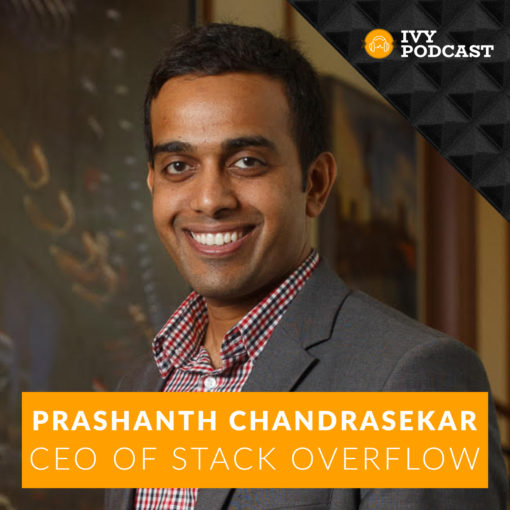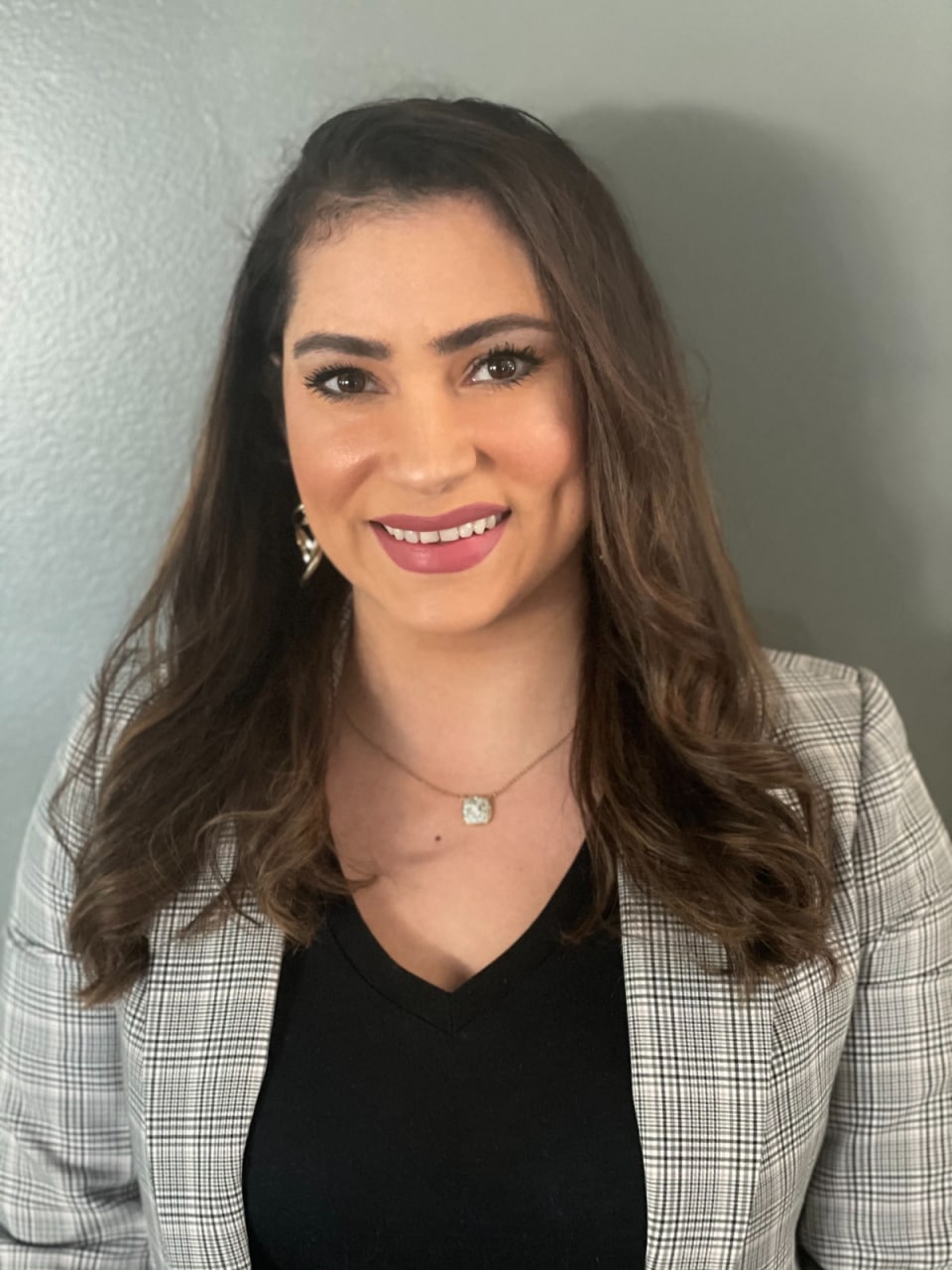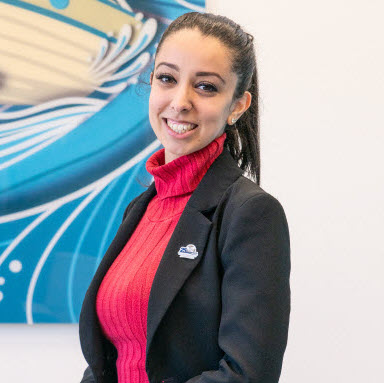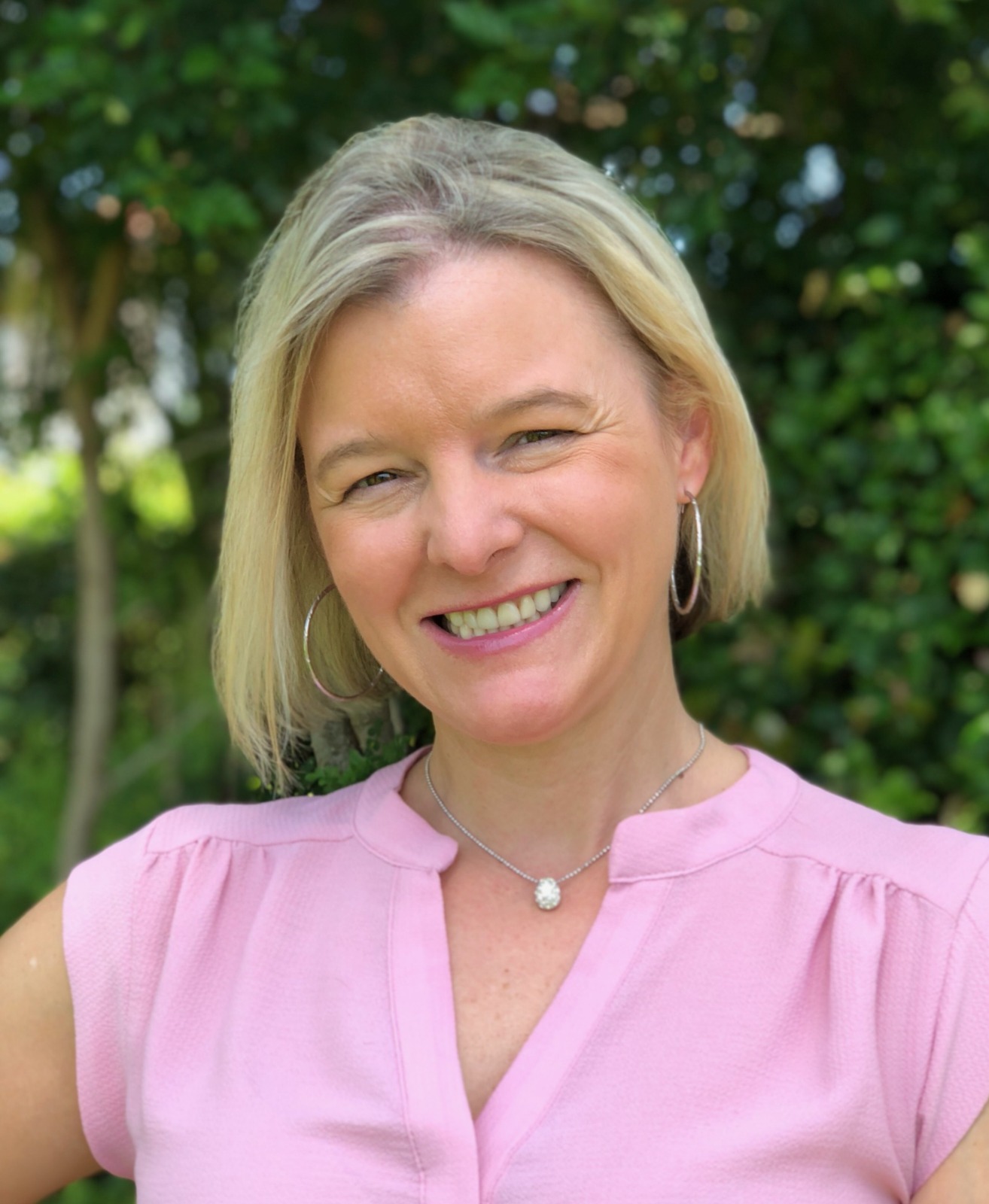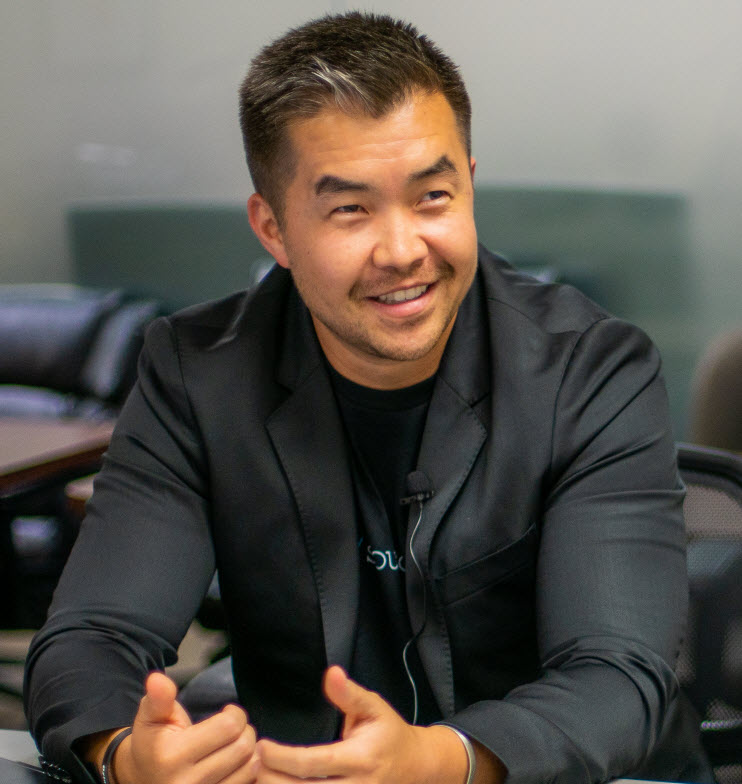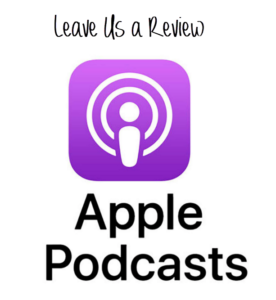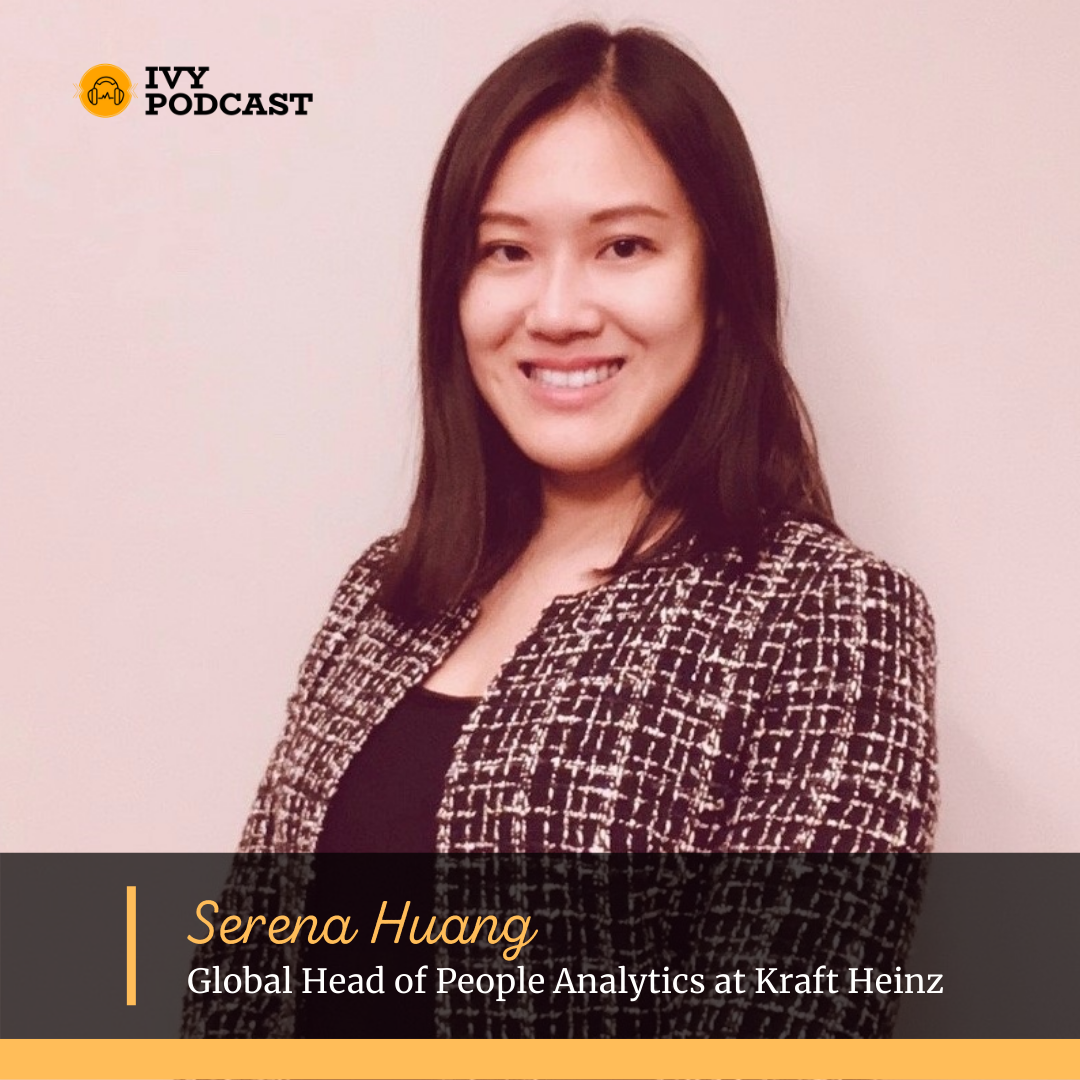
Dr. Serena Huang is the Global Head of People Analytics at the Kraft Heinz Company. Prior to Kraft Heinz, she was the Global Talent Analytics Leader at Koch Industries. Previously, Serena led People Analytics/Strategic Workforce Planning & HR Operations at General Electric and advised Fortune 100 clients on mergers & acquisitions efforts at Deloitte.
Serena is an invited speaker on people analytics, employee experience, digital transformation, and the future of work. She is passionate about leading change, building high-performing global teams, and helping business leaders see data as an asset in large organizations. She excels at showing executives the “art of the possible” through both 1-on-1 dialogues and facilitated hands-on workshops, and co-creating customizable, scalable solutions in predictive analytics in HR, Workplace Strategy, Supply Chain and Litigation domains. She holds a Ph.D. in Economics with specializations in Labor Economics and Econometric.
[00:00:26] Angela Alberty: [00:00:26] Okay, so thank you everyone who is joining us today. Serena, I'd love to start this off with a quick introduction on yourself before we dive into the podcast episode and some more in-depth questions. [00:00:40] Serena Huang: [00:00:40] Hello everyone. Good morning, Good afternoon, Good evening, wherever you are. My name is Serena Huang and I lead Global People Analytics at Kraft Heinz. I'm based out of Chicago. [00:00:51] Angela Alberty: Oh, wonderful. So when we had you lined up to be a podcast host, I must say I was super impressed with your profile online and your entire background. I'm really hoping that out of today's episode, We can make a future of work and big data people analytics, a more understandable concept to a larger audience. So that's really the premise behind today's show. And so why don't you tell me a little bit about your background, where you come from and what's led you to your passion on people and people analytics. [00:01:23] Serena Huang: Of course so excited to be here and chatting about a topic really dear to my heart. I am a PhD Labor Economist by training. So economics is about supply and demand and labor economics. It's the same concept applies specifically to human capital. It's really prepared me well for the journey I've been on in people analytics. I started off in consulting, after a few years I went in-house and started building people in the Lennox teams from general electric to coach industries. And now at Kraft-Heinz. [00:02:00] [00:01:59] Angela Alberty: Wow. Pretty impressive. So if someone outside of the industry and completely new to this, you know, space that you're in said, Hey, Serena, tell me in your best definition, what is people analytics, how would you respond to that? [00:02:15] Serena Huang: There are a thousand definitions you'll see out there. One of my favorite is really using data analytics to make better decisions when they comes to people in the workplace, using those and analytics to make better decisions when it comes to people in the workplace. [00:02:27] Angela Alberty: Wow. Okay. That's a very simple concept. So how do you think that that kind of influence can really change the employee experience for a new person and really help build a company's brand, or is there any examples that you can give us on how that sort of relationship can work from employee to company branding course? [00:02:53] Serena Huang: So, if you think about employee experience, and I'll give you a brief definition, employee experience is a super hot topic and it has been, based on the 2020 LinkedIn talent report, they indicated talent employee experience was the most important trend and that was before COVID. So think about how much more important than this going forward. I'll make an analogy. employee experience to HR as similar to customer experience for sellers marketing. So it's how employees experience their work life, put simply. So if you think about the onboarding experience, for instance, an employer can make the experience really delightful, or if things don't go as well, it could be very bumpy and frustrating for the employees. Some area where we can apply people analytics or data analytics in general is to see how the process is going for the employees as they get onboarded. Did they receive all their it assets on day one? Did they get to meet with their managers, whether that's virtual or in person, do they know who they need to talk to? Do they know other onboarding tasks and so on? So, we can also link that experience with other outcomes. Like, does that translate into retention to employees who have a better onboarding experience, stay longer with the company, so that impacts your employer brand. And we all know that employees are able to comment publicly now. So if they have a great experience, you want them to be your ambassador for your brand and talk about how wonderful the onboarding experience has been and attract other candidates to apply for jobs in the future. [00:04:36] Angela Alberty: So a couple of things that you just said, that super resonate with me, the analogy that you gave with sales, versus the customer experience and employee experience, being that same sort of, you know, equilibrium to the HR department. I think that that's so valuable. And if we look at the industry as a whole, we know that there's a war for talent. We know that it's a highly driven candidate market, even amidst a global recession and a pandemic. And how does that really translate to the employee experience from the time that they get onboarded through the whole entire duration of their assignments? Does that mean that they're retained better? So, wow. What an interesting way to put that. Now let's talk about the recession and the pandemic and how that's influenced big companies and big data on making more pivotal decisions during what has been a pretty bumpy year. Is there some examples or just some insight that you can give us on that topic? [00:05:33] Serena Huang: Yeah, for sure. I would say data analytics has become much more important since dependent meg. If you think about the supply chain disruptions that we have faced since the beginning of the pandemic, that has changed the world overnight, the demand for food for instance, went through the roof. Right? So think about, not just, flour, eggs, and milk that we all had trouble finding grocery store paper and toilet paper. Right? That's all forget that people line it door to buy limited quantity of certain items that suddenly became a really, really hot commodity. None of, if you think about demand planning model, traditionally that is perhaps updated monthly, sometimes weekly walk, guess what? That's outdated overnight since COVID hit. Right? So if you're using historic data to predict future demands on what customers needs, well, you have to think about how you incorporate new data really quickly to make the model more accurate going forward. So that's on the data analytics side. So, on the employee side, on the other hand, we are no longer in the office day to day. And the only way to know how people are doing is by asking them through some digital format, whether that's a survey or whether you host a town hall with all the employees, and then you can post a poll question and have everyone respond. In any case you don't have that water cooler moment anymore. So for companies to know whether or not the communications efforts are working, whether or not employees are able to, you know, stay safe. What else do they need for independent MC for remote work? That's also a very different communication channels. So I think in the people analytics space, myself included, a lot of my peers are now getting involved in more frequent listening of employees to get their feedback so that the company can know how to help them better through the pandemic. [00:07:38] Angela Alberty: Pretty interesting. So, you said something in the beginning that I think, is kind of groundbreaking for this year, is we can no longer utilize historical data on decision-making roles in the future. So we've got to pivot quickly and we've got to be able to know what we're going to need next week. [00:07:55] And we can't rely on what we needed last week, make that decision anymore. So, you know, when it comes to employees and checking in on them and having those water cooler moments anymore, What do you think that translates to when it comes to employee wellness? And I've seen some of the information that you've shared online, and I know that this is an area that you have passion on. How can we retain employee wellness through such an unique relationship type of world that we're in right now? [00:08:29] Serena Huang: Yeah, one of the ways to do that better is by asking them, in the past, we haven't the topic is of interest, certainly, but it's gone from a HR specific question to now the CEO and the board cares question. So are employees saying, are they healthy? How do we do a better job in keeping them safe, whether that's essential workers, or going forward as we slowly transitioned back to the office, what does that look like? It's certainly plays a really important role. And I think if there's an underlying silver lining to the pandemic, it's that we're able to talk more openly about stress and burnout and mental health. It's much more okay to talk about it now because everyone feels that you are not alone. If you feel stressed, if you are not alone, if you feel like the work can not stop, and there's no boundary between your work and personal life, cause it's all blended with that, it's really important to ask employees how they're doing, and figure out whether it's additional resources companies can provide to them, to help with the coping, or perhaps managers could use more training and support to help the employees and notice some signs of burnout beforehand. So those are some areas, again, of personal interest for sure. I was really grateful to be part of a company wide event, and I led a meditation, a mindfulness meditation to show a lot of employees the benefit of just sitting down and being still for five minutes. [00:10:18] Be with your thoughts and be present. In independent MC you know, a couple of things that I've found helpful personally are one, mindfulness, meditation. I found that helpful. And then number two, a gratitude practice. So, with that, I read up a lot of research on how gratitude helps you feel better. [00:10:41] And to that extent, I decided to experiment. So I think starting my work meetings was gratitude. I start by saying thank you to my team members who have contributed in specific ways that they helped me, and then naturally people just started to say, thank you to others as well. It's being very powerful and positive to kick off work meetings, and it's been a really pleasant surprise to me on how that has helped with our health emotionally. [00:11:15] Angela Alberty: And it's interesting that you say that because implementing one small change, like that takes no investment, it takes no kind of approval. It's just something cool tomorrow. And I think that employee burnout is truly a real thing, even though we're at home. I think I've read some studies that people are becoming more engaged and actually spend more time in front of their computers and are working more at home. Absolutely. Yeah, so that's, that's so interesting. And I came across an example. I don't know what you think about this, but I was working with a colleague and we started as a zoom. We had nothing to talk about. It was just her and I clicking and working and talking. And although we had, there was no premise behind the meeting. It was just some kind of human interaction, I guess that we usually would have cubicle next to cubicle. And although she was in the background, it just, you know, I could hear her cat kind of in the background and it was just nice to have somebody to comment with throughout the whole day. And it's creative, things like that, that you can change really don't cost anything to ask somebody how you're doing to change the format of a meeting to implement something that could be contagious, like gratitude. And to have that five minutes of just let's think for a second and allow our minds to go into where it needs to go and rest. Right. [00:12:35] Serena Huang: [00:12:35] So, definitely. And that's tight. I'll tie that back to employee experience. That's the everyday moments, right? It's not the onboarding journey, right? It's not a specific moment, but it's every day when you have those conversations how you as a manager or a team member can help create, bring creative ideas to make the meaning, more human and more fun these days. [00:13:01] Angela Alberty: Yeah, we do. And I love how that we can take a two-pronged approach. Yes. We can probably implement some kind of training program amongst the managers so that they can know that, but there's such simple things that we can do to keep that engagement there. That's great. So Serena, what are some areas that you're most excited about in the future when it comes to big data and then when it comes to machine learning and how do we translate that to a way that everyone can understand how greatly it's going to influence every single guac? [00:13:32] Serena Huang: Yeah. I see so much opportunity for machine learning to make a positive impact for employees to make their experience better, to make it more personalized. So there's this concept of not just personalization, but hyper personalization in the future, because we have so much more data on everyone than before we know from your employee data, where you came from. What you have learned before, and we can use machine learning to recommend training that might be more relevant to you that maybe you didn't think of yourself. We can make recommendations to managers on additional jobs, career opportunities, projects that their teams can take on, based on data historically, and say there's a similar employee who have taken these paths, perhaps you can think about it, right? Maybe it hasn't occurred to you, but we now have historic data on a large population. And that's where machine learning has a lot of power, by mining that data of similar employees and similar job paths and similar skill sets to make recommendations, that you may not have thought of before. And you could think, Hey, maybe I'll take a different path because, there are similar employees who have my skill set or will have my background, will have taken this next step. And that could be my next step that I haven't considered. [00:15:04] Angela Alberty: Wow. So it sounds like, at least from your perspective, what makes you most excited about big data and where it's going is the hyper personalization that we can bring out to the masses and employees across all levels, because we know what's worked in the past and we will know what hasn't worked and we could guide employees to become, you know, better suited in a skill set or better retained through the branding, through their own awareness of how the company is taking care of them. Hyper-personalization is probably the most exciting on what's to come. Now, what about from an investment perspective on a company, really? You know, if there was a company out there that doesn't really have the resources, where do you think they could start to make this investment in? In big data and in their employee population, how would you recommend that? [00:15:57] Serena Huang: Yeah. One particular area related to what I just mentioned in personalization, is to think about the advancement in chat bot capabilities to help employees. So there's related to the future of work, where, how machines will be able to do a lot of what humans can do today. Instead of a person answering questions related to policy, chatbots can do that for instance, this way you are putting machines to work, using their strings and you are putting humans back to what they're good at, you know, with emotional intelligence, connectivity, and other skills, that machine currently don't have. So think about what humans would do, it would be great at doing in the future and what machines will be better at doing in the future. And with that, you can alleviate a lot of the manual and painful work that perhaps humans don't actually enjoy doing today anyways. Yeah, like take this huge book of policies and review and sign them, please, you know? [00:17:00] [00:16:59] Angela Alberty: Exactly. I love that. You know, how we could put that sort of procedure into a personable chat box that floats at the top of your screen when you just started, that gives you that information with an emotion. So, yes. You know, any common, you know, best practices that you would implement and recommend to a company when it comes to maintaining integrity behind the data and how critical that is for this really to play an important role and be successful from learning from it. [00:17:39] Serena Huang: Yeah, definitely machine learning won't work very well. If your data quality is poor, so I'll assure from experience. We have governance bodies internally within the company that look after data quality specifically. So on a regular basis, we look at all the metrics we track, and we report out on the quality of each of those data elements. And it sounds daunting, but it's totally worth it. Initially it would be difficult and challenging, but as you start to see that data quality improves and, and has to be maintained as well, you will see that payoff, you know, in the, in the people's space, if you don't talk about promotions the same way, right. Whether it has to be a pay increase, you know, does lab remote count countless promotions, if you don't even have a standard definition within the company on what the promotion is, it's very hard to then say, Hey, I want to predict, you know, what, who would be great for the next promotion because your promotion definitions are not the same, so definitely really important to keep an eye on data quality. [00:18:58] Angela Alberty: Awesome. So I'm going to, it sounds like yes, maintaining data quality could be an initial investment, maybe redoing some processes or having an environment that's conducive to the user that allows them to attain better quality data, but it also comes into place in setting that foundational groundwork for at least the employees to become aware of certain skillsets, KPIs, promotions. These are the goals that we're aiming towards. So we take this data and we take the metrics behind them and we connect the two to get in better understanding. And that is, that is going to be an initial sort of investment. So anything that, you know, you think aside from, okay, quick agility with the pandemic, anything else that you think this is something that we want to be aware of and prepare for, as a cause of the pandemic and how that's influenced, you know, we've talked about employee wellness and the agility behind companies to be able to take data and respond to it quickly. Is there any other influence out there that the pandemic has taught us? [00:20:09] Serena Huang: Yes. A couple of things. One - for everyone who is listening, I really encourage you to take the time to reflect, use this as a reset, to think about why you want your post pandemic life to look like whether that's personal life or work life. We have been given an opportunity, don't waste the pandemic, use it to really reflect and think about what you want after. And for companies, it's really important to think about what the post COVID world looks like in returning to the office, I've written an article called “How people analytics can help with the return to office”. And one thing I recommend every company to think about is not how to return, but which roles and which groups need to return. As we have proven with COVID that remote work kind of works, it's stressful, but it kind of works at least for now, so that means collaboration could take on really different meanings. What does teamwork growth look like? And now if we were to have a workspace where some work from home and some are in the office. What does that look like? And a lot of flexibility in terms of work location, traditionally has been a great way to attract additional talent and for companies to remain more competitive because instead of limiting your candidate pool to people in this particular city, you can potentially open out to the entire world. But that requires the collaboration to work. Otherwise, those who are not physically in the office cannot effectively collaborate with those who are in the office. So really think about what that looks like. This could also impact the workplace as well. How do you configure the future of your office? What does that space even mean? What does it mean? And right now, I heard this statistic from a Deloitte report recently that currently most offices are set up, with a 30, 70 split where 34 collaborate, 30% for collaboration space and then 74 individual workspace. And the prediction is it's going to flip in the future where you have 70% for collaboration and it's larger rooms where people can come together and work together. Bbut that's going to be a huge change for employees. So definitely think about what that means for them as well. [00:22:47] Angela Alberty: Wow. So companies have to prepare for what is the space going to look like? What are our roles going to look like? Are those going to change? And how do we create a dynamic that allows for remote and in-office settings while maintaining that comradery amongst our own staff, pretty interesting stuff. And I think that the pandemic, you know, you touched on something earlier. It made us all vulnerable, right? So we have the two year old screaming in the background or the person that can't get to the office because they are in a high risk category. Everyone has shown their true colors and it really is an important pivotal time for us to just sit back and reflect on how that's going to change this at a personal level and how companies can attain that. So any top tips on, you know, what you guys have done to stay creative and maintain that interaction on a remote basis this past year? [00:23:47] Serena Huang: Yes. So we have done a lot of, certainly town hall type activities where we get updates from the company, to make things really fun. We have done talent shows. We've gotten to know employees in very different ways. We know people who have musical talent, and among others, and it was really fun to be on the screen, and see what people can do outside of the work. Something else we've done as a food company is cooking shows. So actually there were cooking competitions. [00:24:29] Angela Alberty: blocked on food network. [00:24:30] Serena Huang: Exactly, exactly. Right. Right. And to make it more fun, we also had the families involved because we're all at home now. So it's really fun to see the contestants and their family tasting their food on the screen. So, this, you know, there's a lot of creativity that's come out of the pandemic for sure. [00:24:54] Angela Alberty: Oh, that's great. That's awesome. And it's definitely going to be interesting to see how we juggle, you know, in an office and remote life next year, because it's going to be not necessarily going back to the normal, but it's going to be a hybrid between what we perceive as normal and still remaining in a very COVID post pandemic world. So wonderful. Well, those were all the questions that I had for you today. So Serena, thank you so much for your time. And if there's any way that we can reach out to you, what's the best way that we can connect with you online. [00:25:29] Serena Huang: Definitely. It's been great to be on the show. Thank you so much for the opportunity. Please reach out to me on LinkedIn. Those who heard me on this podcast, I'd be happy to connect. [00:25:40] Angela Alberty: Okay. Wonderful. Thanks a lot, Serena.
Welcome to Ivy Podcast! On this Executive Leadership Podcast we interview top executives from Fortune 500 with a focus on strategy, innovation, negotiation and everything about leadership.
Our Podcast for Executives features Thought Leaders who share practical insights for effective leadership, continuous innovation and strategy execution.
Ivy Podcast is a rapidly growing Executive Podcast, which covers topics like Hiring and Retention Strategies, Talent Acquisition, Innovation, Digital Transformation and much more.
On this Leadership Podcast, you will find conversations with the most accomplished executives from Fortune 100 companies. We aim to cover a broad range of industries and create a learning platform for the most ambitious and high potential professionals who are looking to learn from the most accomplished Executives on this Business Leadership Podcast.



